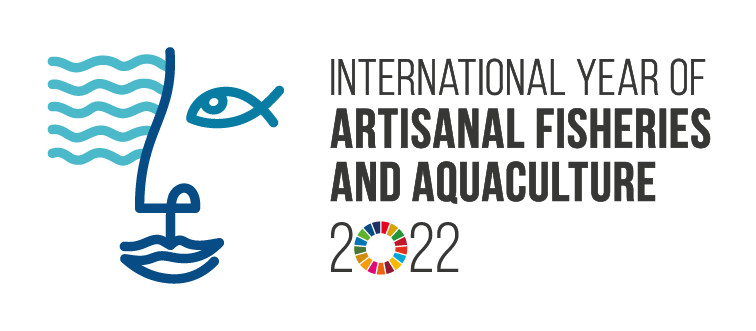9 topics, 9 features: the human face behind the RPOA-SSF
A plan for the future of small-scale fisheries: the RPOA-SSF, 9 topics, 9 features

As we are celebrating #WorldFisheriesDay today, the GFCM would like you to meet some of the Mediterranean and the Black Sea fishers and fish workers involved in making small-scale fisheries more sustainable.
It really is hard to overstate the importance of the small-scale fisheries that make up 80% of the fleet in the Mediterranean and Black Sea.
The facts speak for themselves:
- 71 400 vessels
- 127 000 on-board jobs
- 300 000 shore-based livelihoods
- USD 1 billion first sales
- USD 2.7 billion wider economic impact
Nevertheless, as impressive as these figures are, they don’t show the human dimension behind them.
What they don’t show is the families that have worked together for generations, the living communities that small-scale fishers underpin, the unique regional cultures which their traditions have animated over hundreds of years.

Raquel llopis and María Casas, two pioneering women in the Mediterranean and the Black Sea, fish on the open sea, as the only two crew members on the boat. They are the President and vice-President of Adomar. @Dani Monllor
The Regional Plan of Action for Small-Scale Fisheries in the Mediterranean and the Black Sea (RPOA-SSF) is the GFCM’s ambitious 10-year roadmap (2018-2028) to create a sustainable future for these coastal communities.
In 9 chapters, it details a set of specific, prescriptive and concrete actions: it’s a vehicle to the future which will set small-scale fisheries on a path to long-term environmental, economic and social sustainability around the Mediterranean and the Black Sea.
But what does this really mean? How do you work across fleets, cultures and borders to bring a vision like this to life? We’re going to be diving deeper into each of these 9 areas to show you what the RPOA-SSF is all about.
Over the next year, we’ll be running a series of 9 features exploring what each theme means in practice to small-scale fishers across the Mediterranean and the Black Sea, taking a deeper dive into the human context of sustainability. We’ll share news of what’s happening on the ground in locations all over the basin, learn about new ideas and innovations small-scale fishers are bringing to the different aspects of their work, and take stock of the progress we’re seeing.
Most importantly, we’ll be showing the RPOA-SSF’s human face. We’ll meet some of the fishers and fishery workers involved, get a window into their worlds, and hear first-hand what it’s really like to be bringing the RPOA-SSF to life. From the artisans who’ve formed sales cooperatives to the pescatourism operators who’ve diversified their businesses, from the ‘hidden’ women who underpin the value chain to the campaigners fighting for safer working conditions and stronger social protection, the plan is really all about people.
By taking a holistic view of the sector and the lives of the people in it, the RPOA-SSF is geared to make a difference on a socio-economic level as well as to life at sea – both are equally vital for long-term sustainability in small-scale fisheries.
In these 9 features on the 9 chapters of the RPOA-SSF, we’ve got a compelling real-world story to tell.
 |
The United Nations General Assembly has declared 2022 the International Year of Artisanal Fisheries and Aquaculture (IYAFA 2022). This is an important recognition of the millions of small-scale fishers, fish farmers and fish workers who provide healthy and nutritious food to billions of people and contribute to achieving Zero Hunger. Together, let's celebrate #IYAFA2022! |

